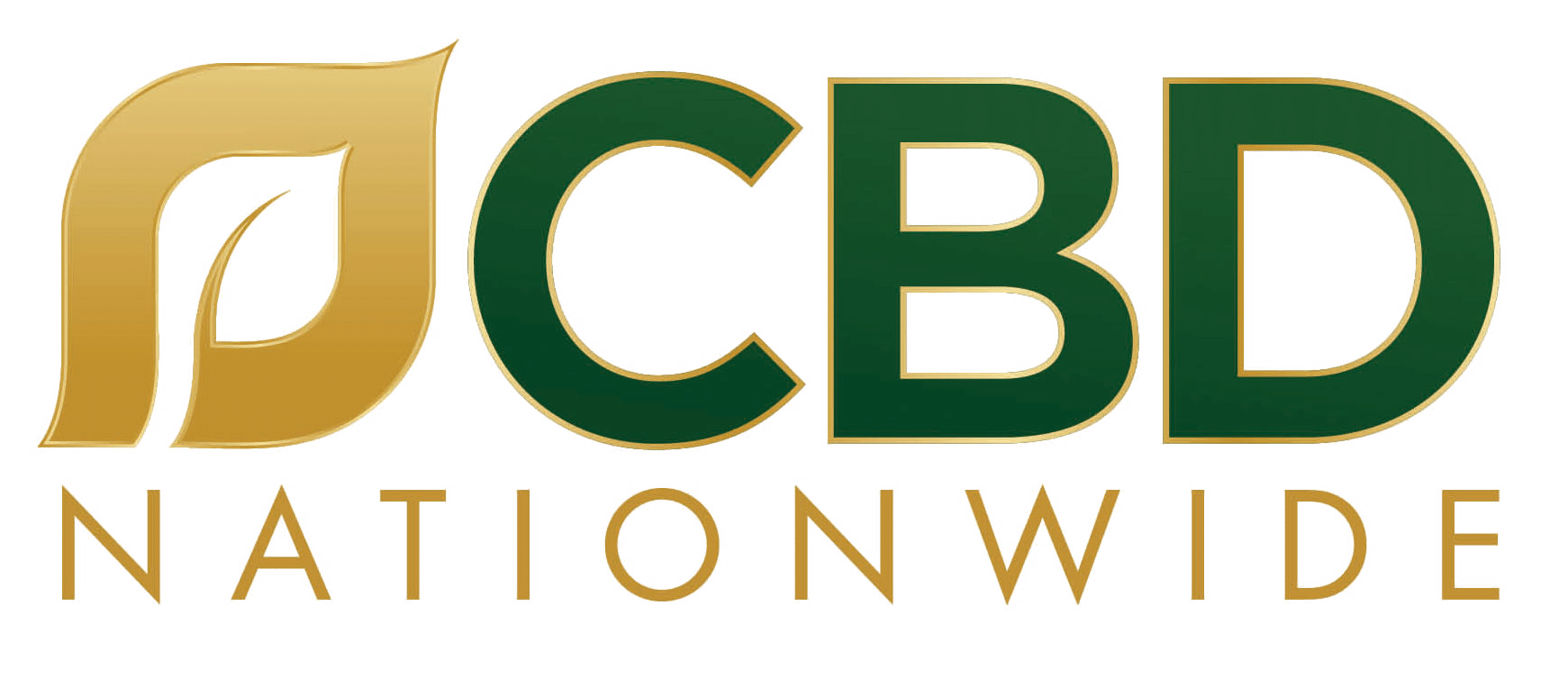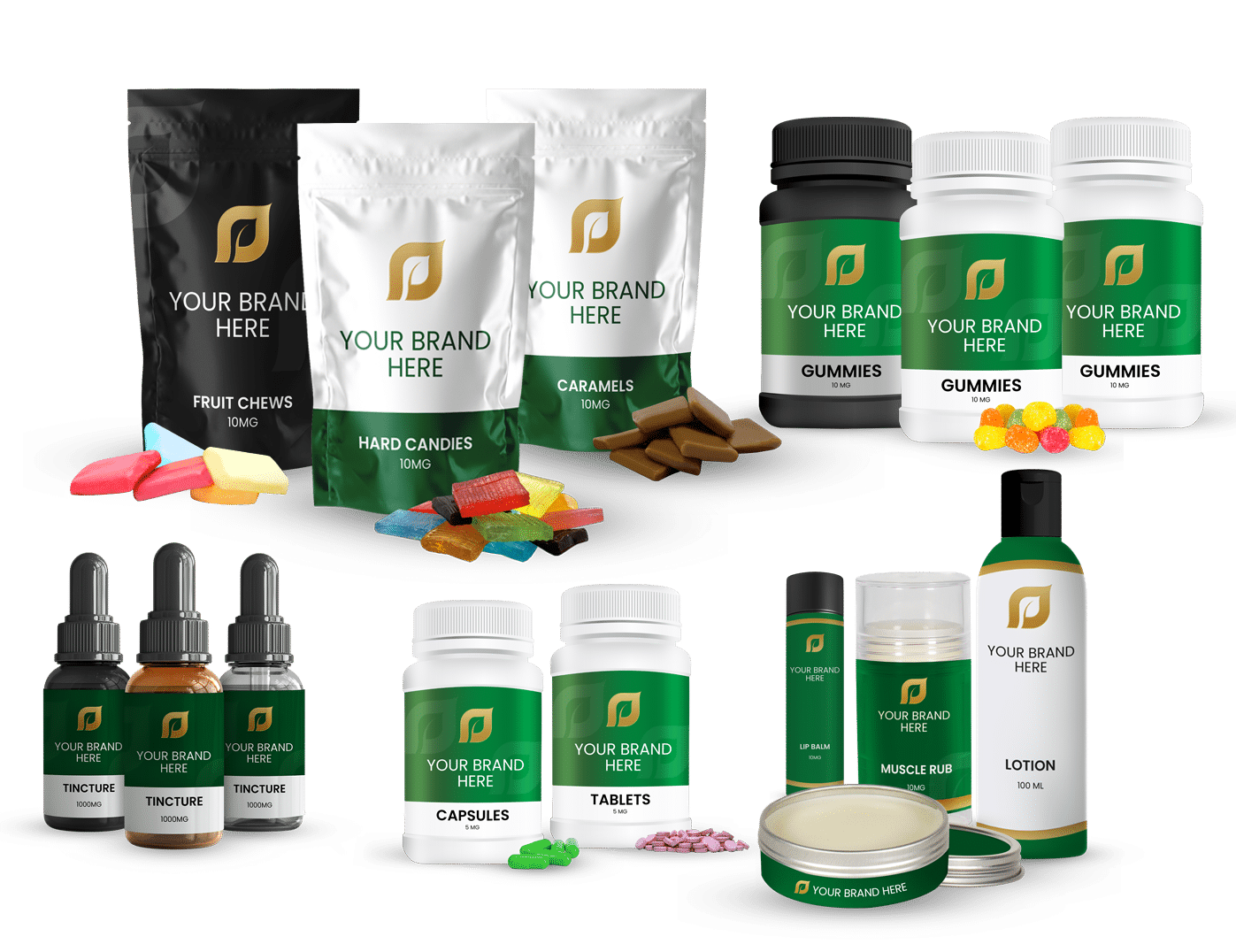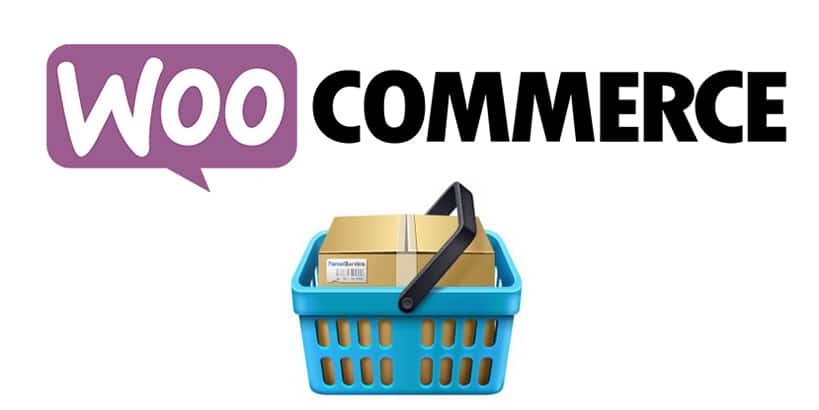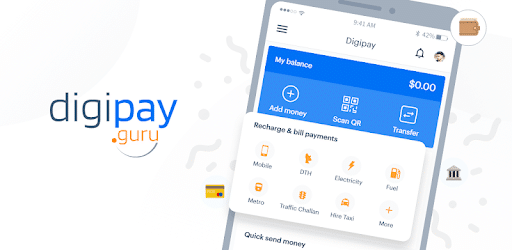Starting a hemp business is a wise investment choice. The benefits of cannabidiol (CBD) range from improved health to enriched soil. The 2018 Farm Bill permitted the legal production and distribution of hemp across the United States.
Formulating a hemp business plan requires detailing your objectives and creating a mission statement, gaining knowledge of the hemp industry and market by doing research, and crafting a problem statement. When creating a financial plan and assessing critical risks, hire an accountant to assist you with calculations and forecasts.
Your hemp plan must clearly illustrate your vision. Your business strategy must be exact, concise, and straightforward. Here is a guide to drafting a hemp business plan.
Table of Contents
ToggleThe Components of a Hemp Business Plan
There is immense profit potential in hemp production and distribution. Your hemp business plan must be designed with essential elements that promote efficient business practices.
Key elements of your business plan include the executive summary, business description, market plan, location, management, information about stakeholders, and a financial plan.[1.]
The Executive Summary of a Hemp Business Plan
The executive summary introduces your hemp business plan. Here is where you’ll explain your goals and the sales forecast of your CBD business to potential investors.
This section must immediately explain the intent and desired goals of your hemp business while offering a condensed version of your overall business plan.[2.]
Explain the Basic Aspects of Your Hemp/CBD Business
Briefly detail essential aspects of your business, including the name of your hemp company, capital required, target market, and estimated inventory turnover and sales.
An executive summary must be written after compiling your business plan and then presented to investors when you form your company. It summarizes your ideas, market, management, and financial planning.
Make it clear if you’re a startup business, improving an existing farm, or running a network of farms. Describe the nature and grade of your hemp farm.
It’s important to classify your hemp business based on the industry in which it will function —for example, the manufacturing, service, wholesale or retail sector.
Specifying the types of activities your business will be involved in gives potential investors a broader context for evaluating your company. Explaining your role in the hemp industry helps to define the focus of your business.
Mission Statement of the Hemp Business Plan
A mission statement is a detailed summary of the aims and values of your hemp business plan. It must be comprehensive yet concise.
A mission statement defines your business’s fundamental and unique purpose and direction. It also identifies potential customers.[3.]
After determining your customers’ needs and desires, it’s time to create a mission statement. Clarify how your company anticipates satisfying recognized needs of your target customer.
After establishing a mission statement, begin drafting your business objectives.
Objectives of the Hemp Business Plan
Business objectives define vital operating aspects of your hemp business. Goals determine success, sustainable growth, and revenue.
Business objectives also synergize your company’s vision and intentions. They are the goals that will explain what your company aspires to achieve.[4.]
Objectives are step-by-step explanations of the goals of your hemp business. Your business goals must be structured based on the “SMART” strategy. Goals must be Specific, Manageable, Achievable, Realistic, and Time-centered.[5.]
Creating business objectives will help to define the direction of your company and highlight ways in which it can grow and improve. Revisit these objectives frequently to ensure you maintain your intended goals.
Business Description/Overview of the Hemp Business
This area of your hemp business plan outlines general aspects of your business. In this section, you will explain the background and history of the industry.
It is important to state that your CBD cultivation plan will contribute to the overall hemp market.
Illustrate Knowledge of the Hemp/CBD Industry
Research the industry and your competition. Examining your target market will help you strategize and direct your business activities.
Present your findings concisely and clearly. List the top companies in the hemp market. Briefly detail and compare their strategies to yours.
There are many credible ways to research your competition. For example, gather information from sources such as online sites, published studies, news outlets, economic quarterly subscriptions, trade magazines, and interviews with experts.
Detail the development of the CBD industry, including current trends and influences. Technology, competing global markets, operations, and productions are important influences to focus on.
These influences could impact your company both negatively and positively. Therefore, it’s important to anticipate potential problems and create smart business strategies.
Craft a Problem Statement Around Hemp and CBD Business
A problem statement addresses an issue in the market and how it impacts the needs and desires of your target consumers.
A problem statement explains how your business can meet the needs of your customers by bringing a new product to the market.[6.]
How will your hemp business, hemp farm, or CBD cultivation business provide a service in a unique, inspired way?
It is important to know who your target consumers are and why they will choose your hemp business over other competitors in the field.
Identify Your Target Market for Your Hemp/CBD Business
The product distribution and profitability of your hemp business require gaining knowledge about the consumers your company is targeting.[7.]
Essential to your hemp business plan is acquiring demographic information about your target customer, such as age range, geographic region, values, income levels, and spending habits.
Detail how your product will resonate with your target market. Explain what marketing methods you’ll use to both advertise your product and reach out to your target consumers.
Market Analysis/Marketing Plan of Hemp Business
The next step in creating your CBD business plan is market analysis. This plan must explain how you intend for your product to reach your customers.
This section expands on information from the previous brief description of your target market.
Market research analyzes aspects of your company’s potential market, including its potential growth, trends, and seasonality.
Market research is also important for helping you understand the viability of your product for customers.
Questions that guide a practical market research blueprint include: What are the shopping habits of potential customers? What are their preferences? Who are they? What are their beliefs, values, and dreams, and what are their priorities?
It is imperative to investigate your target market thoroughly. Knowing your customer helps you craft a problem statement.
As your market research develops, you can uncover your target customer’s problems, desires, and current solutions.
Industry knowledge, which should be briefly defined in your business description, is also an aspect of market research.
Competition or competitor analysis, geography, and online marketing help you increase your chances of succeeding in the hemp market.
Knowledge of hemp industry trends and the market’s current status is essential for business owners.
Advertising your product drives brand awareness and is a valued service to your customers.
Market research offers an advantage to business owners because essential information about potential customers directs business tactics and dramatically lessens risks.
Acknowledging the strengths and weaknesses of your competition further promotes your chance of success.[8.]
How to Understand the COA of Hemp Products
A Certificate of Analysis (COA) is a vital document for any hemp business looking to establish trust, credibility, and long-term success in the industry. Provided by an independent, ISO-certified laboratory, the COA offers a detailed breakdown of a CBD product’s quality, purity, and safety.
When reviewing a COA, pay close attention to the following key components:
Cannabinoid Content
The COA will list the amount of each cannabinoid detected, focusing on CBD and THC levels. For full-spectrum products, THC should be below the legal limit of 0.3%, while broad-spectrum and isolate products should show non-detectable THC levels. Accurate cannabinoid content ensures your products meet legal requirements and customer expectations.
Contaminant Testing
A comprehensive COA will verify that the product has been tested for potential contaminants, such as:
- Pesticides and Herbicides: Organic hemp products should have non-detectable levels of these chemicals, which can be harmful if consumed.
- Heavy Metals: The COA will list tested metals like lead, mercury, and cadmium, confirming they fall within safe, legal limits.
- Mold, Residual Solvents, and Other Contaminants: Look for “ND” or non-detectable levels of these substances, which can compromise product safety.
Terpene Profile
This section details the terpenes present and their concentrations, providing insight into the product’s potential aroma, flavor, and effects. Understanding the terpene profile can help you better market your products and cater to customer preferences.
Verifying Authenticity
To ensure the COA’s legitimacy, always verify the testing laboratory’s contact information and look for an authorization signature. Some COAs even include QR codes that link directly to the lab for easy verification.
Investing in products with transparent, comprehensive COAs is crucial for the success of your hemp business. By partnering with reputable CBD manufacturers that prioritize robust testing and analysis, you can build strong customer relationships, establish brand loyalty, and position your business for long-term growth in this exciting industry.
Remember, in a market where regulations are still evolving, the COA serves as a powerful tool to differentiate your products and prove your commitment to quality, safety, and transparency. Embrace the COA as an essential part of your hemp business plan, and you’ll be well on your way to building a thriving, trusted brand.
Location for the Hemp Business
Location is an indispensable facet of your business plan. A favorable location that helps drive foot traffic to your retail hemp business can increase sales and profits.
Accessibility and availability of products promote customer satisfaction. It’s an excellent idea to have online shopping and home delivery in conjunction with a physical store.
A favorable business location enhances the image of your product and the general vibe of your business. It is important for business success to foster a sense of community.
Choosing the right location can help to satisfy your customers’ desires and needs.
Factors to consider when picking out the location of your hemp business include the weather, rent, availability of human resources, zoning, and permits.
It’s important to outline what attracted you to the site and explain why the forecasted foot-traffic patterns can help to increase sales.[9.]
Management of the Hemp Business
A comprehensive account of your management team is required in your CBD business plan.
Include a summary of each business member’s qualifications, skill levels, competencies, and expectations.
Remuneration, incentives, share options, and conditions of employment should be described in this section. Your business plan is also where you’ll highlight information about your employee recruitment techniques.
Mention other necessary professionals who will help with managing your business, such as accountants, computer specialists, lawyers, advisors, and bankers. Explain the function, necessity, and position of each member.
Financial Plan of the Hemp Business
It is crucial that the financial planning of your hemp business is given adequate attention and thoroughly detailed. You should hire an accountant to assist in this vital aspect of setting up your business.
This section explains how resources and capital needed for your business will be acquired and utilized.
The financial plan must include financial forecasting, which details the capital or resources needed to run your business. Capital or funds are either internal or external.
Internal finances could be drawn from business owners and retained earnings. External funds include loans, leases, and creditors.
Key aspects of financial plans are budgeting, break-even analyses, and cost controls. Financial documents such as income statements, balance sheets, and cash flow statements are also crucial for understanding the financial health of your business. Your company’s financial data must be analyzed and represented in detail.[10.]
However, advice for financial planning extends beyond the scope of this article, so be sure to do research and get assistance from a qualified professional. It’s advisable to engage in realistic projections, forecasts, and expectations.
Critical Risks Regarding the Hemp Business
It’s essential to acknowledge the risks of being involved in the hemp business and to anticipate the hurdles your business may confront.
Indicating to investors whether you’ve dealt with past CBD-related problems will improve your business objectives.
Having strategies for successfully overcoming problems that may arise helps to illustrate to investors that their investment money is in capable hands.
However, as an entrepreneur, it is often necessary to take calculated risks, which can serve as an essential strength for operating a successful business.[11.]
Conclusion
Your hemp business plan should be comprehensive and concise. It must contain critical features, such as an executive summary, mission statement, financial plan, objectives and a business overview. It must also provide information about market research, location, management strategies, and required risks.
When creating your hemp business plan, be conscious of your readers and potential investors. Make sure your business plan is engaging and well-researched. Ask experts such as accountants to assist with financial planning and market analysis.
References
- https://www.investopedia.com/terms/b/business-plan.asp
- https://ggu.libguides.com/business_plans/executive_summary
- https://www.entrepreneur.com/article/65230
- https://www.dummies.com/article/business-careers-money/business/strategic-planning/set-goals-and-objectives-in-your-business-plan-158846
- https://sproutsocial.com/glossary/business-objective/
- https://www.dummies.com/article/business-careers-money/business/general-business/how-to-create-a-problem-statement-in-business-analysis-162528
- https://www.verizon.com/business/small-business-essentials/resources/define-target-market-business-plan-150521881/
- https://www.wolterskluwer.com/en/expert-insights/market-analysis-for-your-business-plan#:~:text=The%20market%20analysis%20section%20of,and%20sales%20plan%20will%20rest.&text=a%20competitive%20analysis%2C%20which%20identifies,analyzes%20their%20strengths%20and%20weaknesses.
- https://smallbusiness.chron.com/steps-planning-business-location-58733.html
- https://www.nationwide.com/lc/resources/small-business/articles/small-business-financial-planning
- https://www.investopedia.com/articles/financial-theory/09/risk-management-business.asp








